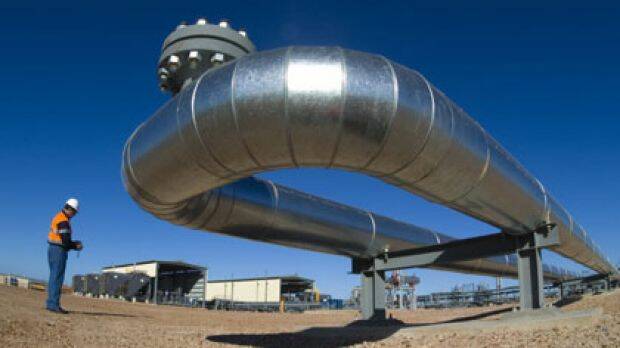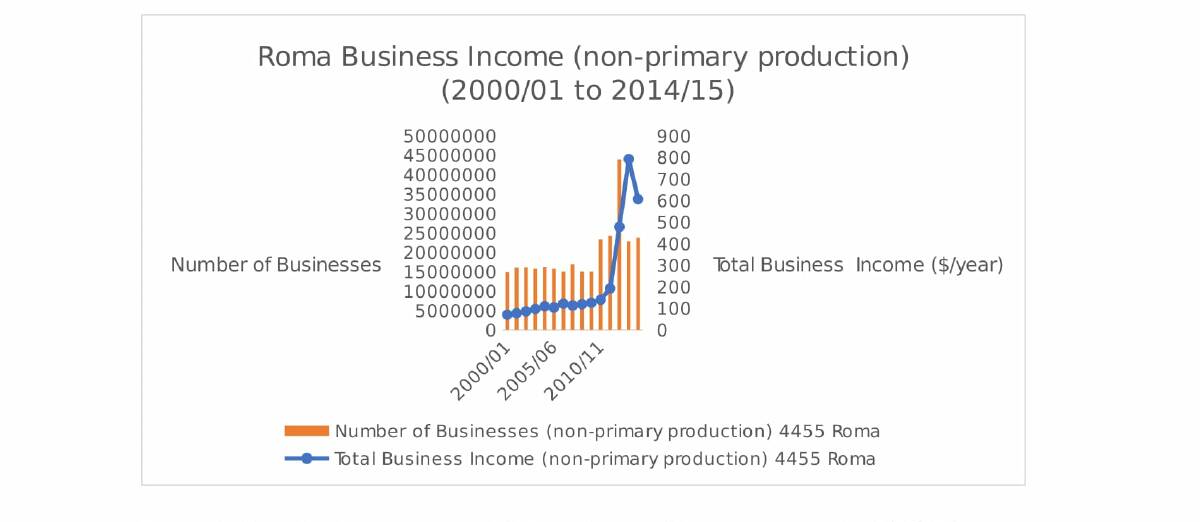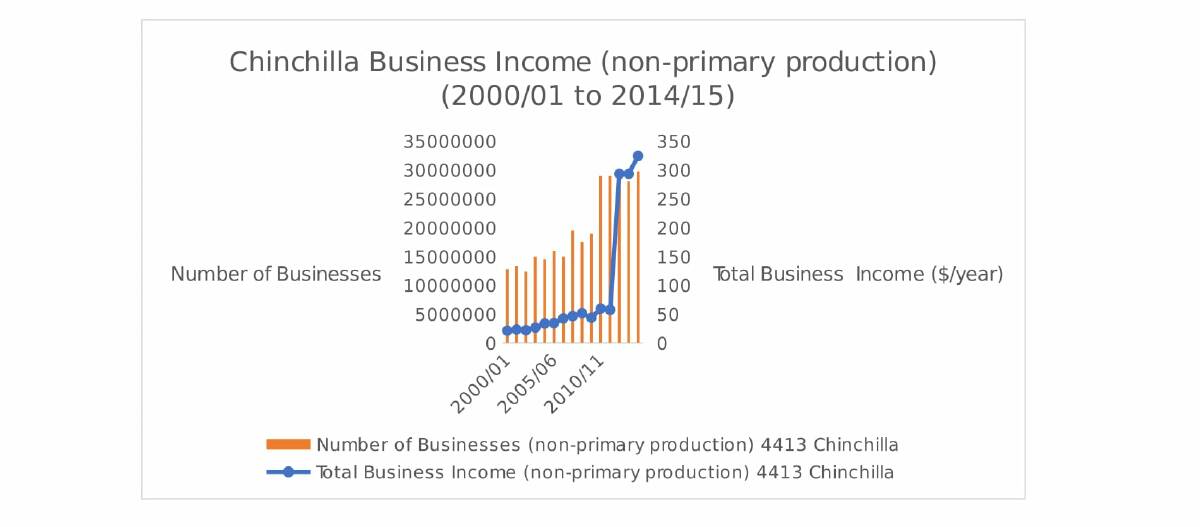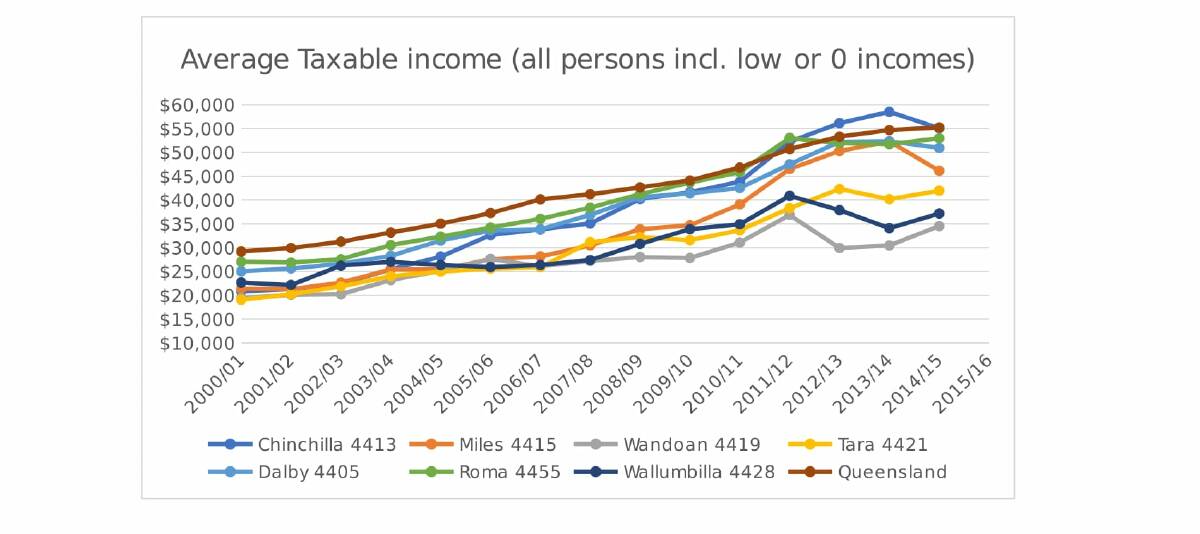
NEW research is revealing the true economic and social effects of the coal seam gas (CSG) industry in Queensland.
Subscribe now for unlimited access to all our agricultural news
across the nation
or signup to continue reading
The development of coal seam gas has been a major catalyst for change in communities of the Western Downs and Maranoa regions but debate has raged over exactly what those impacts are.
Researchers at the University of Queensland’s Centre for Coal Seam Gas and the Centre for Social Responsibility in Mining have been studying social and economic changes in Queensland communities most affected by CSG development.
Using Australian Bureau of Statistics’ (ABS) and other data, over a period of 15 years, the researchers are assessing the cumulative impacts of the CSG industry by tracking social and economic indicators to gauge the type and rate of changes that have occurred over the 15 year time period.

The findings are then shared with the local communities to allow people to explain the observed changes in terms of their own experiences.
This allows the UQ researchers to ‘ground truth’ their findings.
The latest annual report (2016) findings were presented by Dr Katherine Witt at a business leaders’ breakfast in Roma recently hosted by the GasFields Commission.
“Making the findings publicly available allows the communities, governments and industry to be on the same page when it comes to cumulative impacts”, Dr Witt said.
The UQ team presented the most recent Australian Tax Office data, by postcode, showing evidence of overall or aggregate economic benefit from CSG development for the gas fields’ communities.

Total business incomes (non-primary production) increased in all towns to between four and five times pre-CSG levels.
While the latest figures (2014-15 financial year) show business incomes declining in most towns, Chinchilla stands out as a town where businesses continued to do well into 2015.
Despite the recent declines, total business incomes remain at levels around four times historical levels.
“Assuming this extra income is spent locally, this means there has been a huge economic boost to these communities”, Dr Witt said.
“Average personal incomes also increased during the construction period in most of the towns studied.
“While the economic data shows a net economic benefit, it is important to look more closely at the data, and the full range of indicators to assess variability and cumulative effects.”

Although incomes improved during the construction period, Queensland police data shows crime rates, including drugs and traffic offences increased to levels almost twice the rate for the whole of Queensland in Miles, Chinchilla and Tara in 2016
It is important to appreciate that these indicators respond to a wide range of social and economic influences and further research is being done to understand the changes.
Information will be made available in the coming months on the annual report website.
Convenor of the business breakfast and GasFields Commission chair Ruth Wade said the commission would do whatever it could to ensure the facts were available for everyone to see.
“The discussion around CSG is often high-jacked by people with personal agendas and we need to take the emotion out of this debate and look at the science,” Ms Wade said.
This research is funded by UQ, Shell, Santos, Arrow Energy and APLNG. The Centre for Coal Seam Gas operates under the university’s research ethics and other research policies and procedures.
Questions regarding the data can be emailed to Dr Katherine Witt.

